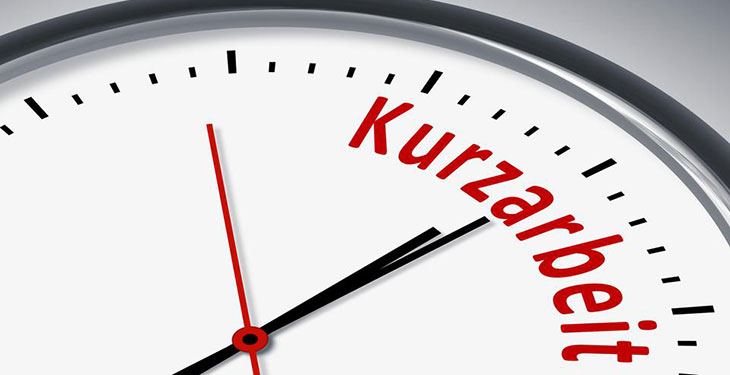The second questionnaire regarding the effects of the COVID-19 pandemic on business, carried out by AHK Romania, shows that all companies are already severely affected, half of them even experiencing massive effects. For 50% of companies, the decrease in demand for products and services is the biggest problem, followed by difficulties in continuing production (27%), caused primarily by the breakdown of supply chains. The uncertainty and lack of liquidity are the following on the list of effects produced by this crisis. Fewer are currently thinking of lay-offs (4%) or insolvency (2%). However, a decrease in turnover is expected by at least 30%, and 19% of respondents believe that business will decrease by more than 40%.
Government measures to support the business environment
Most companies are aware of the measures taken by the Government in support of companies, but they are generally dissatisfied, considering them insufficient (50%) and not very useful (27%). (However, the measures adopted by the Romanian Government after March 27 are not taken into account.) The most relevant measures taken by the Government until the questionnaire is completed are: the technical unemployment allowance, the extension of payment terms and the granting of free days for parents. However, irrelevant are the suspension or non-initiation of foreclosures or state guarantees for loans.
The measures taken by the Government are of course welcome, but they are not sufficient. Thus, companies want them to be complemented with others, which offer effective solutions to successfully overcome this crisis.
Among the concrete measures required by the business environment are the accelerated VAT refund, the reduction of wage contributions, the introduction of a system of bonuses for the payment of taxes on time, better conditions for granting the 75% technical unemployment allowance and clear criteria for granting, but also the implementation of short-term & flexible work (Kurzarbeit), a concept that works successfully in Germany. Short-term work involves a partnership between employers, the state and employees, with benefits for all parties involved: employees keep their employment contracts and can work in a shortened time, employers benefit from the work of employees, but only to the extent necessary, and the state contributes in many cases with an amount that is less than the unemployment aid in case of dismissal and avoids, therefore, dismissals. Apart from that, this concept would especially help small and medium-sized companies to get out of this crisis well.
“For this reason we consider it appropriate and necessary for Romania to focus on successfully applied models in other EU member states, such as Germany, in order to combat the effects of the current pandemic. In this regard, yesterday the European Commission proposed the implementation of the Kurzarbeit model at European level,” said Sebastian Metz, general manager of AHK Romania.
